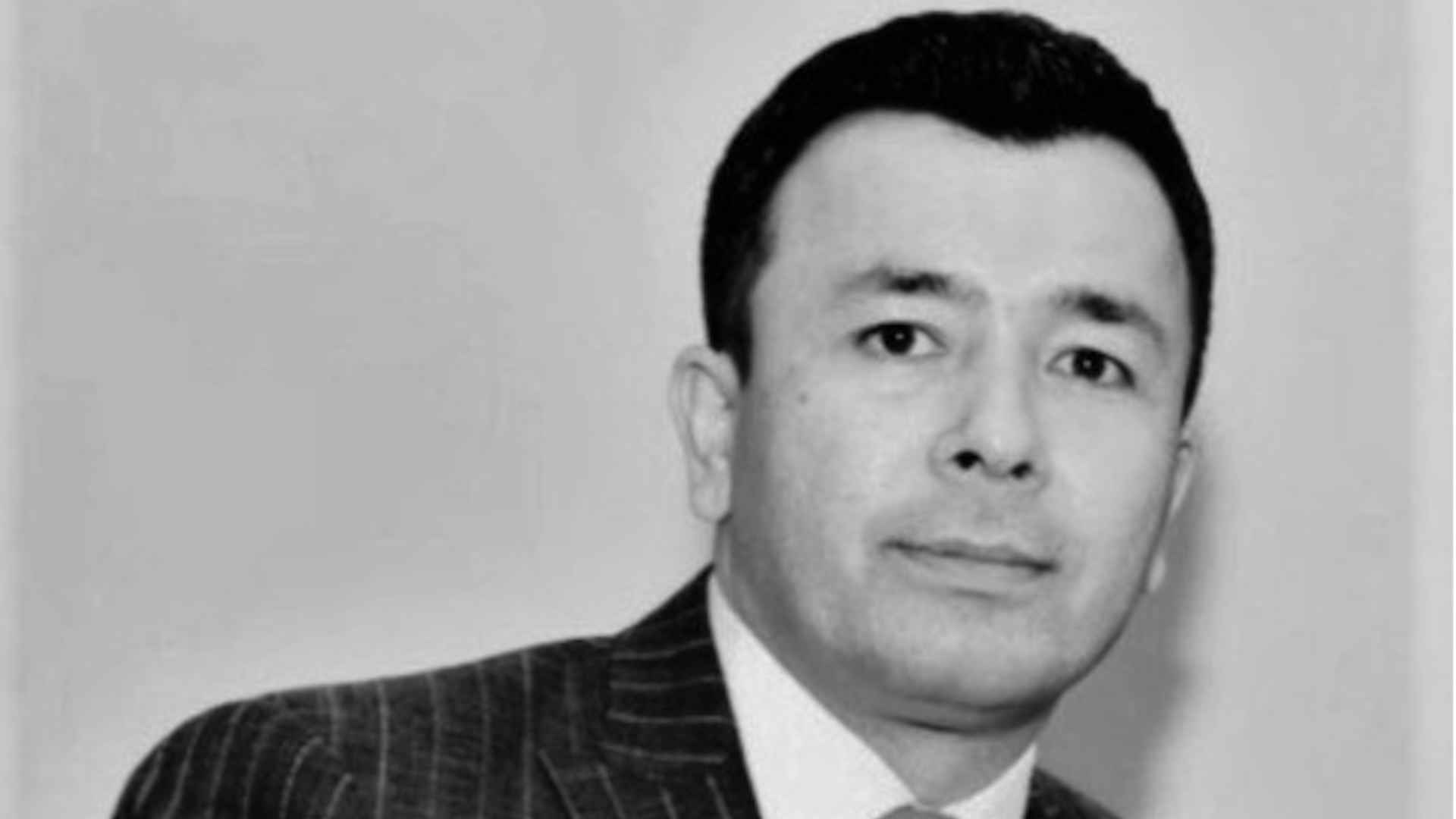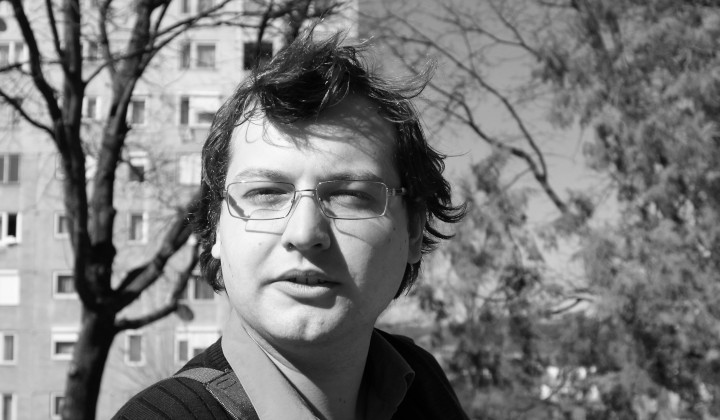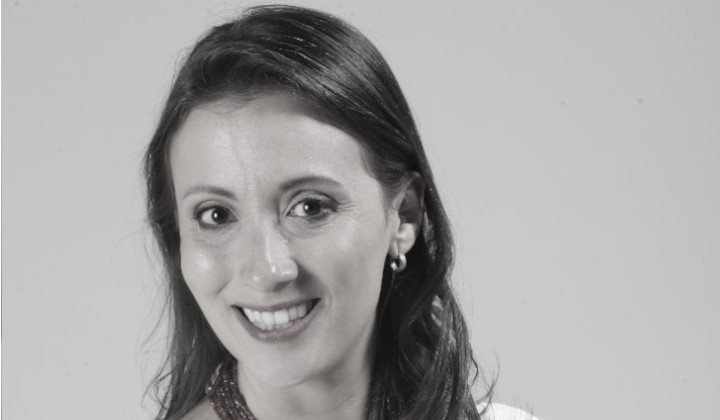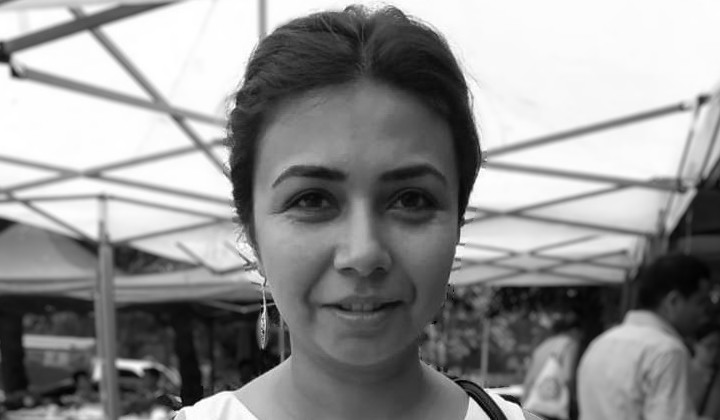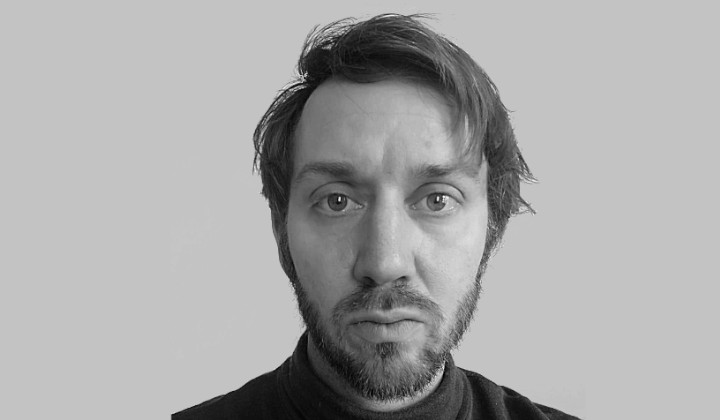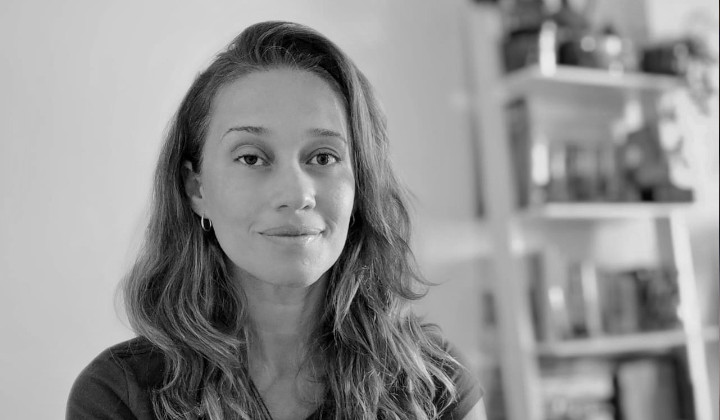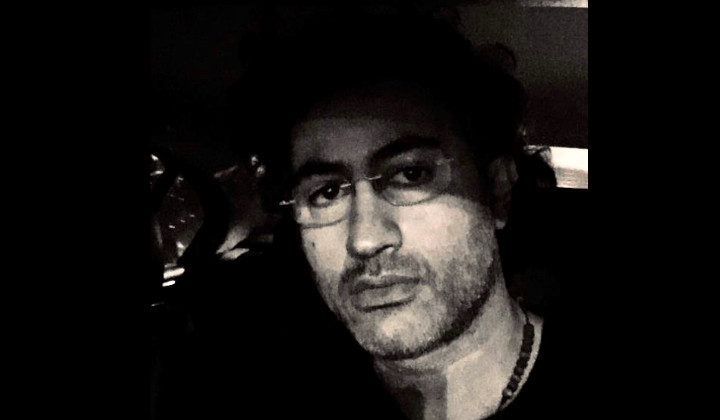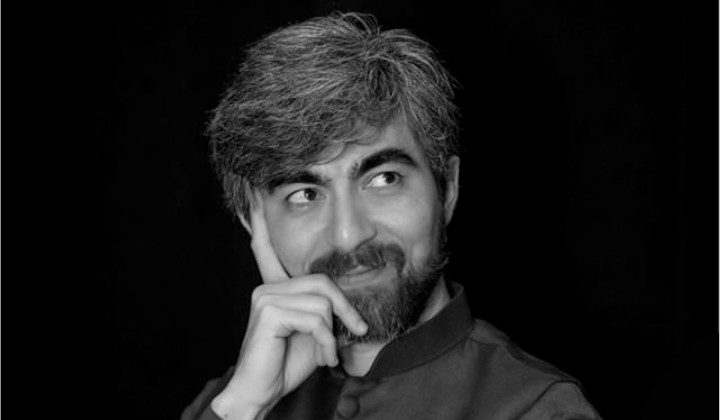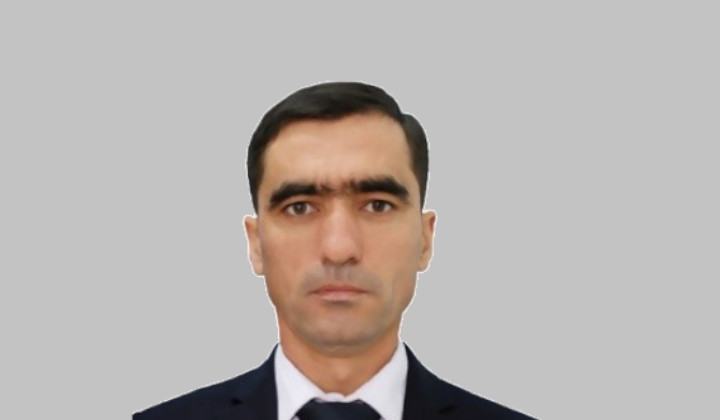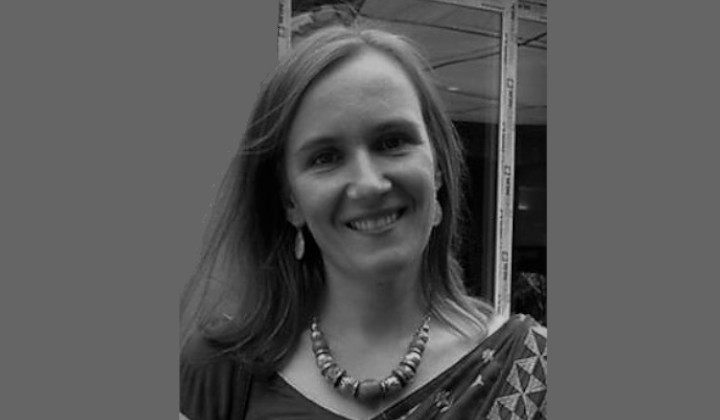Simon Libafu – a Nairobi-based Journalist
Nairobi | 2020
written by

Lukas Nickel
Simon Libafu has done a lot of different things in his life.
He grew up in a Kenyan middle-class family and has spent most of his life in major towns of Kenya. He was born in Nairobi, and his father worked for a multinational oil marketer before resigning to engage in business.
Libafu started his studies in Kakamega, a county in western Kenya, before moving to Isiolo, where he completed primary and high school before proceeding to Moi University. It was there where he studied education and graduated in 1995.
Libafu taught at Starehe Boys Centre and School until 2008 when he joined the Standard Media Group as a copy editor. After almost three years at the Standard, he joined the Nation Media Group (NMG), the largest independent media house in East Africa.
The NMG has subsidiaries in Tanzania, Uganda and Rwanda. At NMG, Libafu works as a copy editor for Business Daily and the Daily Nation newspapers, which are national publications that focus on business, politics, the economy, human interest and global issues.
Libafu also writes on topical issues, especially business, technology and agribusiness. He said he appreciated “the new gadgets coming up. It´s really interesting to look at the latest innovations, understand them and interpret their benefits or uses for our audience in their day-to-day lives.”
Technology matters because it interests most of his readers, he said. Libafu always wanted to pursue a journalism career even though he studied geography and Swahili, which is East and Central Africa’s lingua franca spoken widely not only in the Great Lakes Region but also in different parts of the world.
Libafu became a teacher after graduating because at the time it was the only option available.
“I had to pursue a postgraduate diploma in mass communication and journalism and later an M.A. in communication studies at the University of Nairobi to lay the ground for joining the media," he said.
Swahili still influences his work, Libafu said.
“As a linguist, I like writing in Swahili once in a while as well as English-Swahili translation,” Libafu said. “As our native language, it is part of our culture. English is foreign and has been brought to us, but Swahili is not only interesting as a language but also as an expression of who we are.”
His studies at the University of Nairobi after working as a teacher for a few years enabled Libafu to begin his journalistic career. Being able to educate, inform, entertain as well as play the watchdog role have kept him going, he said.
At The Standard, he briefly wrote and edited a watchdog column PointBlank.
“It was about calling out the bad guys or rather calling out those who don´t deliver their promises or services,” he said.
As a German reader, you might think that this may be a problem in a country that is ranked 100 in the International Press Freedom Index, but Libafu sees it differently.
“Of course, you have people trying to influence your work,” Libafu said. “In principle the press is free, and you can publish whatever you want. But when the government acknowledges you as a threat or it there are things they don’t want to be published; they try to hinder you subtly.”
This has resulted in self-censorship among most Kenyan media houses, Libafu said. The government would, for example, not provide information or just spend less on advertising in the targeted newspaper.
Sometimes, political leaders would discredit certain media houses accusing them of lying. Libafu said that being a journalist was not too much of a problem.
“Like everything else, it has some dangers,” Libafu said. “We´re fine though, and we just do our job as independently as we can.”
From Libafu’s point of view, western media paint a misleading image of reality in his region. For example, he said outside media push the narrative of war-torn Africa at the expense of the good that also comes from the continent. It seems logical that Libafu likes being a journalist for the opportunity of fighting for the public, watching out what happens and trying to inform people.
Libafu said he enjoyed journalism and was passionate about his work, which he saw as a calling, despite earning a modest salary and having a less secure job.



